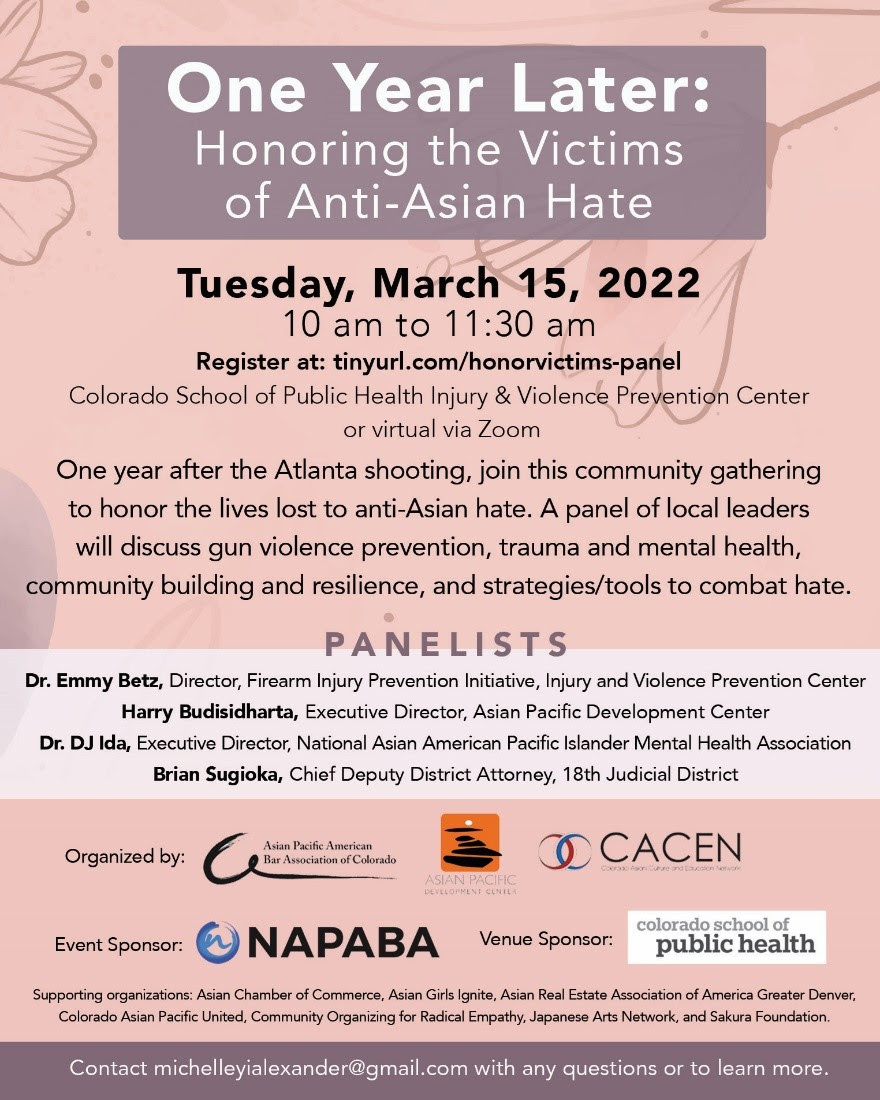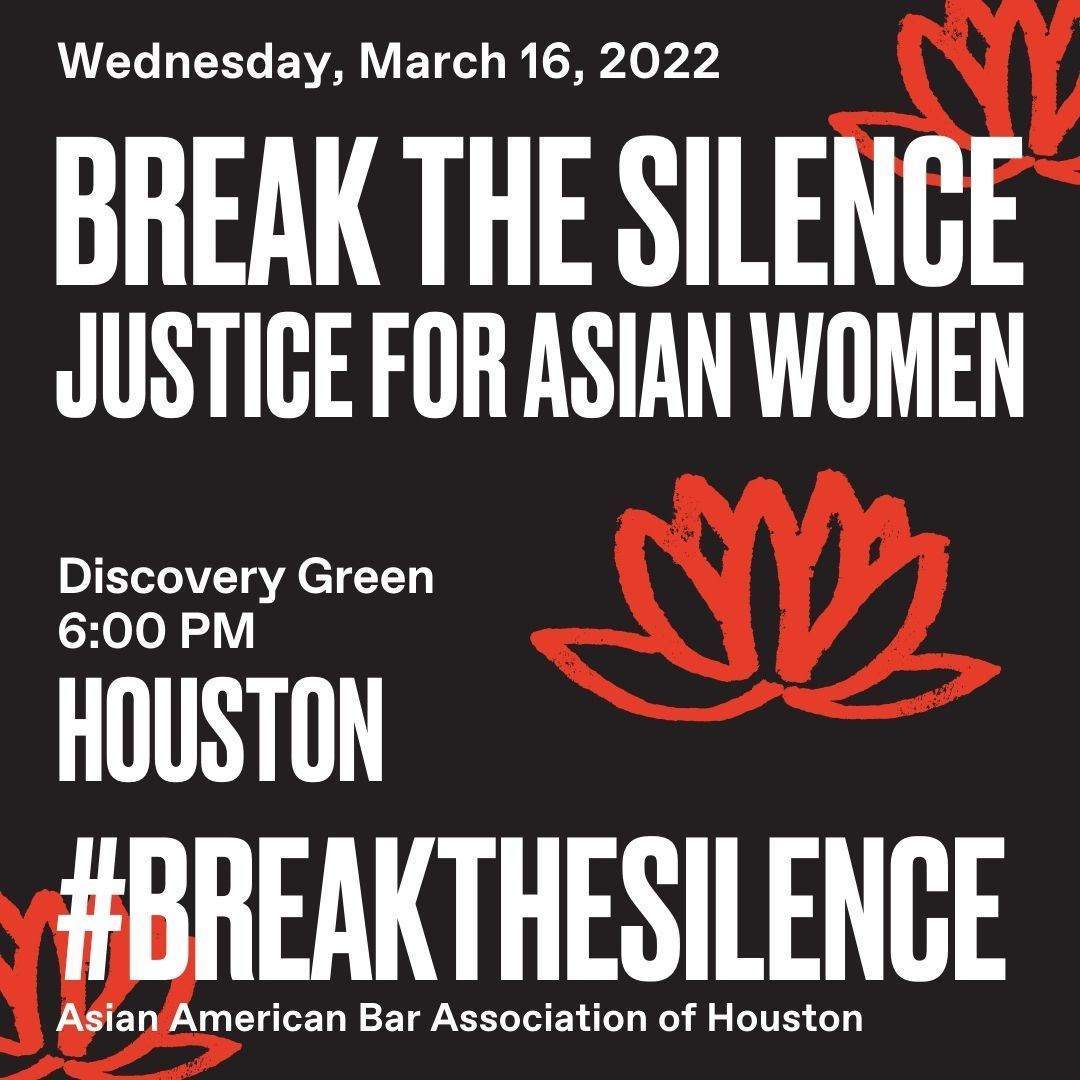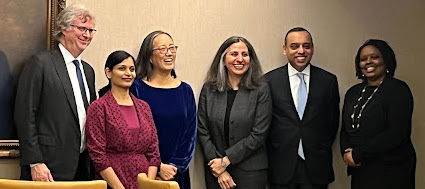An Allen & Overy cross-practice team acted as pro-bono counsel for the Asian American Bar Association of New York (AABANY) and Korean American Lawyers Association of Greater New York (KALAGNY) in filing an appellate brief amici curiae to the New York Appellate Division, Third Department.
Following his mostly unsuccessful personal injury case brought against the State of New York (Byung Choon Joe v. New York), Plaintiff, Byung Choon Joe, appealed the trial judge’s decision to the Appellate Division, Third Judicial Department. A&O, on behalf of AABANY and KALAGNY, filed a brief amici curiae in support of Mr. Joe, urging the appellate court to consider whether the trial court’s decision was negatively influenced by implicit racial bias.
Terry Shen, President of AABANY, said, “As the largest affinity bar association in New York and the United States, AABANY is devoted to promoting diversity, equity, and inclusion. When we learned about the case of Byung Choon Joe, we were concerned about the trial court’s irrelevant reference to his Korean ethnicity in the context of a finding of a lack of trustworthiness, recalling age-old negative stereotypes of Asian Americans. We therefore joined with KALAGNY to file an amici brief to call attention to the fact that judges and the judicial system are not immune to implicit bias.”
The New York State Bar Association and several affiliates of the National Asian Pacific American Bar Association also supported AABANY and KALAGNY’s brief including: the Asian American Bar Association of Chicago, the Asian American Bar Association of Houston, the Asian Pacific American Bar Association of Pennsylvania, the Connecticut Asian Pacific American Bar Association, the Jacksonville Asian American Bar Association, the Network of Bar Leaders (a coalition of more than fifty bar associations in the Greater New York area), the South Asian Bar Association of New York, and the Thai American Bar Association.
The A&O pro-bono team for this case was led by Sapna Palla (AABANY member and Immediate Past President) along with associates Rebecca Cecchini and Ben Minkoff.
To view the entire press release, please click here.







